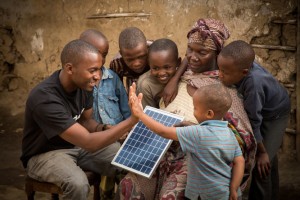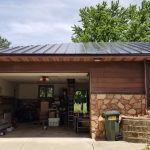More than a billion people around the world still don’t have access to electricity. The 2017 Poor People’s Energy Outlook argues that improved financing for small-scale solutions could change that.
DW: In the 2017 Poor People’s Energy Outlook that your organization, Practical Action, has just released, you argue that the quickest and cheapest way to get energy to people who don’t have access at the moment is a so-called distributed electricity system. That means not connecting remote communities to the national grid, the traditional way it is still being done in most countries, but actually putting local standalone solutions or mini grids up. Why is that cheaper and quicker?
Lucy Stevens: If you’re going to generate power in one part of a country and take it to another part of the country, you need a lot of infrastructure like lines and poles. That means that the current cost of a mini grid, or the distributed systems that you can get now – rooftop solar, sometimes wind energy, or small hydro systems – are competitive with the price of national grid connectivity.
 According to World Bank data, it takes nine years on average for a new kind of power plant and grid extension project to happen. Off-grid systems are really very quick. If you’ve got a company already up and running it can take less than a month to deliver a household solar system or less than a year to get a mini grid set up in a community. So a lot of time and development potential is lost while people wait.
According to World Bank data, it takes nine years on average for a new kind of power plant and grid extension project to happen. Off-grid systems are really very quick. If you’ve got a company already up and running it can take less than a month to deliver a household solar system or less than a year to get a mini grid set up in a community. So a lot of time and development potential is lost while people wait.
The communities you focused on in the report were in Togo, Bangladesh and Kenya. Are those ideas you mentioned, like solar mini grids for a village, applicable in all those communities you looked at?
Well, you need to tailor the solutions to the local circumstances. Sometimes people will argue that if you’re connected to the national grid, you’ve got 24/7 power – and you just pay for what you use – whereas sometimes solar home systems only have a limited amount of power. Actually what we found is that in some of the more remote areas, grid power doesn’t perform well and is very unreliable. The standalone systems and mini grids are more reliable. And these days, with increasing energy efficiency of the appliances that people use, those systems can provide all the energy they need. It’s enough.
Read the rest of the article here.





